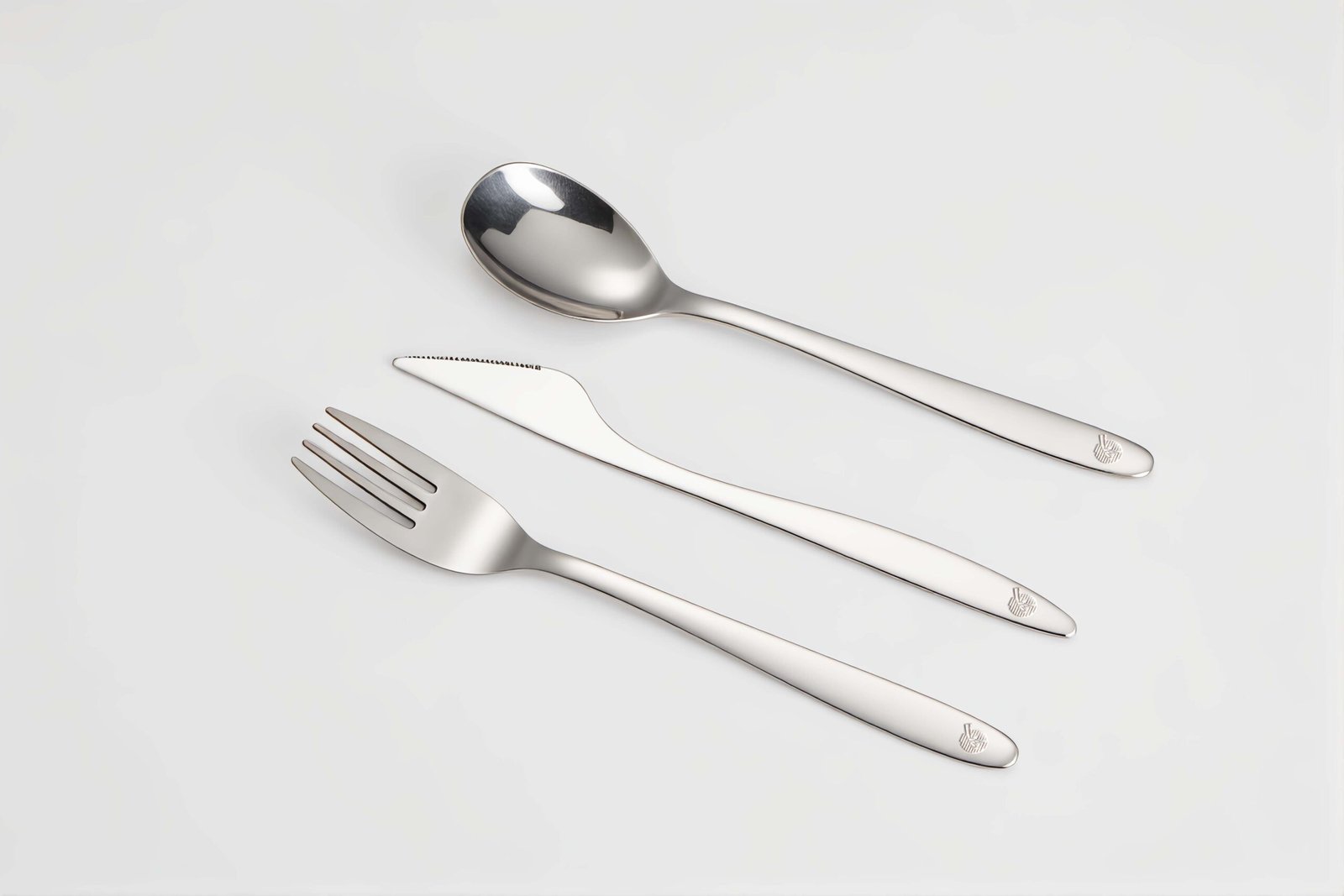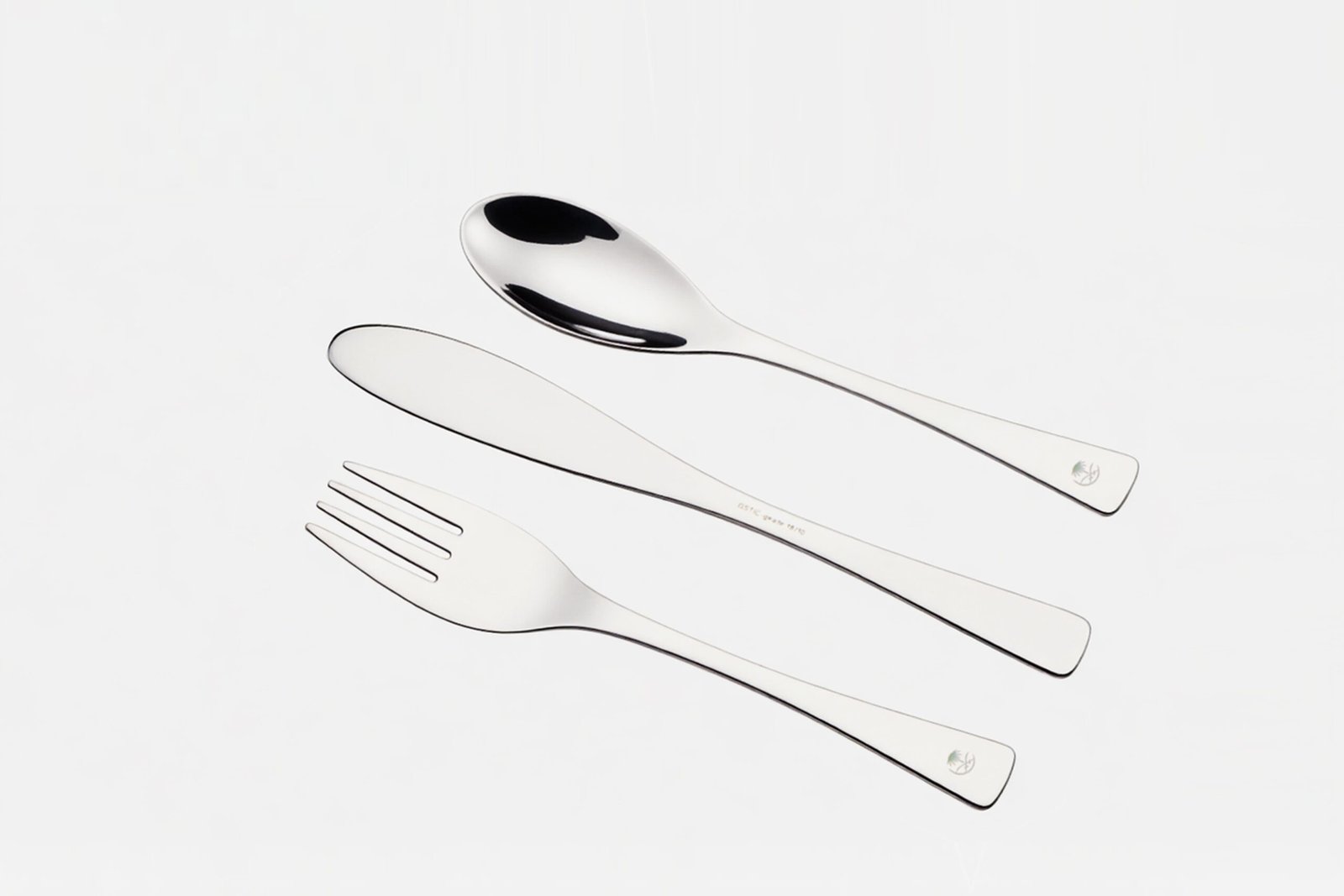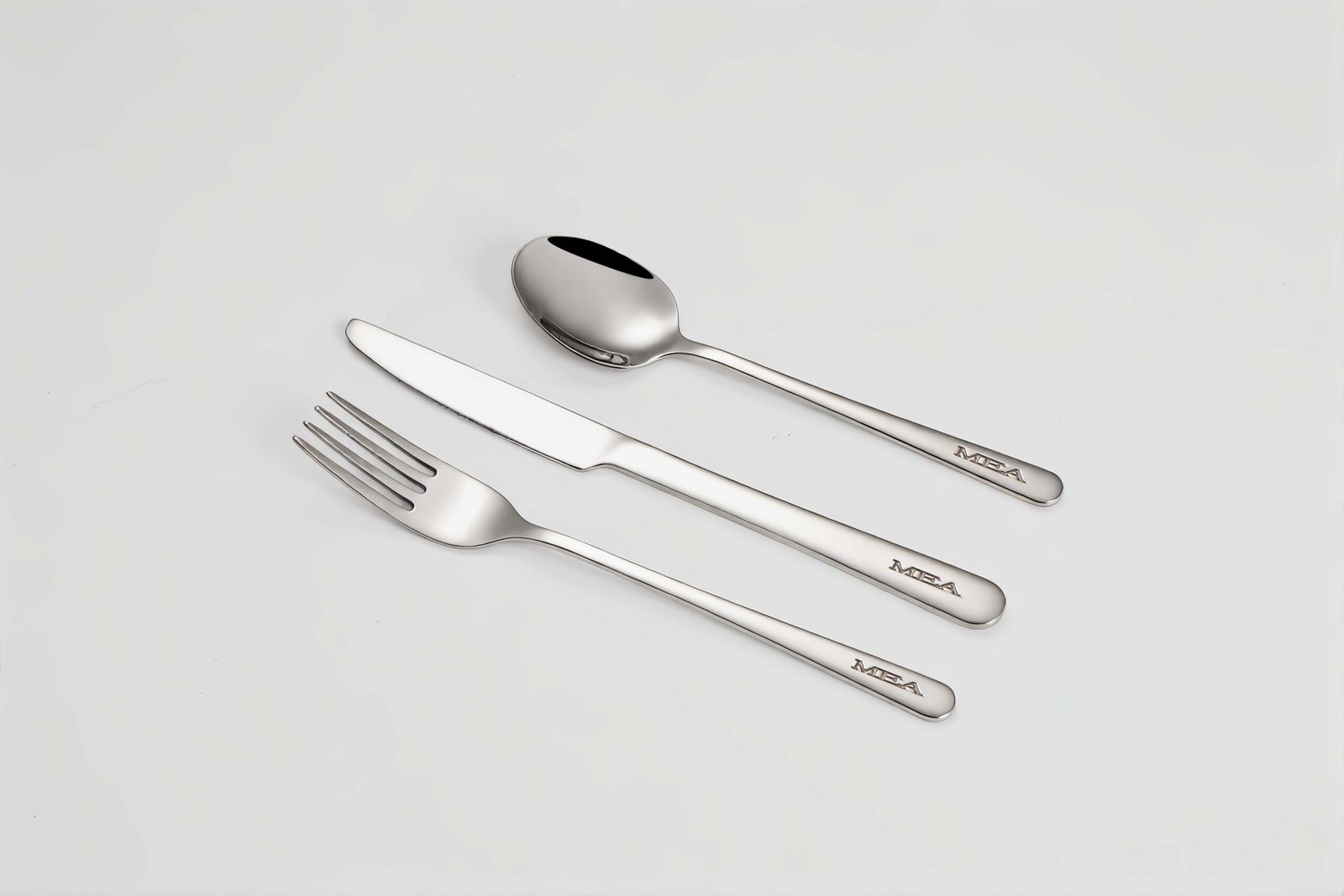Plastic measuring spoons often warp, fade, and crack over time, leading to inaccurate measurements and potential health concerns.
Stainless steel measuring spoons offer superior durability, accuracy, and safety compared to plastic alternatives, making them the preferred choice for both professional chefs and home cooks.
While plastic spoons may seem convenient and affordable initially, their long-term drawbacks can outweigh the benefits. Let’s delve deeper into why stainless steel measuring spoons are a better investment.
Table of Contents
Are Stainless Steel Measuring Spoons Better Than Plastic?
Plastic measuring spoons can deteriorate quickly, leading to inaccuracies and potential health risks.
Stainless steel measuring spoons are more durable, accurate, and safer than plastic ones, making them a superior choice for consistent cooking and baking.
Durability and Longevity
Stainless steel is known for its strength and resistance to corrosion. Unlike plastic, it doesn’t warp or crack under pressure or heat. This ensures that your measuring spoons maintain their shape and accuracy over time.
Accuracy and Precision
Engraved measurements on stainless steel spoons remain legible and precise, unlike printed measurements on plastic spoons that can fade or wear off. This precision is crucial for recipes that require exact measurements.
Safety and Health Considerations
Stainless steel is non-reactive and doesn’t leach harmful chemicals into food, unlike some plastics that may contain BPA or phthalates. This makes stainless steel a safer option for food preparation.
Environmental Impact
Stainless steel is 100% recyclable and has a longer lifespan, reducing waste and environmental impact compared to disposable plastic spoons.
| Feature | Stainless Steel | Plastic |
|---|---|---|
| Durability | High | Low |
| Accuracy | Maintains over time | Degrades with use |
| Health Safety | Non-toxic | May leach chemicals |
| Environmental Impact | Recyclable, long-lasting | Non-recyclable, disposable |

Is Stainless Steel Good for Spoons?
Stainless steel is a popular material for spoons due to its durability and resistance to corrosion.
Yes, stainless steel is an excellent material for spoons, offering strength, longevity, and safety for various culinary applications.
Strength and Durability
Stainless steel spoons can withstand heavy use without bending or breaking, making them ideal for both home and professional kitchens.
Corrosion Resistance
The chromium content in stainless steel forms a protective layer that prevents rust and corrosion, ensuring the spoon’s longevity.
Non-reactive Nature
Stainless steel doesn’t react with acidic or alkaline foods, preserving the taste and integrity of your dishes.
Aesthetic Appeal
With a sleek and modern look, stainless steel spoons add a touch of elegance to any kitchen setting.
How Can You Tell if a Spoon is Stainless Steel?
Identifying stainless steel spoons can be done through simple tests and observations.
You can determine if a spoon is stainless steel by checking for magnetic properties, weight, and any stamped markings indicating the type of steel.
Magnetic Test
Some stainless steels are magnetic, while others are not. Using a magnet can help identify the type of stainless steel.
Weight and Feel
Stainless steel spoons are generally heavier and sturdier compared to plastic or aluminum spoons.
Stamped Markings
Many stainless steel spoons have markings such as “18/10” or “304,” indicating the grade of steel used.

Visual Inspection
Stainless steel has a distinct shine and smooth finish, distinguishing it from other materials.
Are Stainless Steel Measuring Spoons Dishwasher Safe?
Cleaning convenience is essential for kitchen tools.
Yes, most stainless steel measuring spoons are dishwasher safe, making them easy to clean and maintain.
Heat Resistance
Stainless steel can withstand high temperatures without warping, making it suitable for dishwasher cleaning.
Non-porous Surface
Its non-porous nature prevents the absorption of food particles and odors, ensuring thorough cleaning.
Manufacturer Guidelines
While most are dishwasher safe, it’s always best to check the manufacturer’s instructions to ensure proper care.
Is Stainless Steel Less Toxic Than Plastic? What is the Healthiest Material for Spoons?
Material choice impacts health and safety in the kitchen.
Stainless steel is widely considered safer and less toxic than plastic, and it is one of the healthiest materials for spoons.
Toxin-Free Composition
High-quality stainless steel doesn’t contain harmful chemicals like BPA, phthalates, or other plasticizers found in some plastic spoons.
No Chemical Leaching
When exposed to heat, stainless steel remains stable and doesn’t release toxins, unlike plastic, which can leach chemicals when heated.
Other Healthy Materials
Besides stainless steel, other safe spoon materials include bamboo, wood, and silicone. However, they may not offer the same durability and cleaning convenience as stainless steel.
Comparison Table
| Material | Toxicity Risk | Durability | Dishwasher Safe | Maintenance |
| Stainless Steel | Very Low | Very High | Yes | Low |
| Plastic | High | Low | Sometimes | Medium |
| Bamboo | Low | Medium | No | High |
| Wood | Low | Medium | No | High |
| Silicone | Low | Medium | Yes | Low |

Why Do Stainless Steel Spoons Turn Black?
Even stainless steel isn’t immune to certain reactions over time.
Stainless steel spoons can turn black due to exposure to high heat, acidic foods, or harsh detergents, but this can be easily prevented and reversed.
Oxidation and Heat
Prolonged exposure to heat or strong acids (like vinegar or lemon juice) can cause discoloration or dark spots on the spoon’s surface.
Detergent Residue
Harsh detergents or improper rinsing can leave residues that react with the metal and cause blackening.
Prevention and Cleaning Tips
Using mild detergent, drying thoroughly after washing, and occasionally polishing with baking soda or vinegar can prevent discoloration and restore shine.
Stainless steel measuring spoons offer the best combination of safety, durability, and accuracy. They’re a smart investment for any kitchen.






